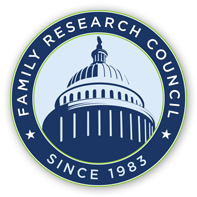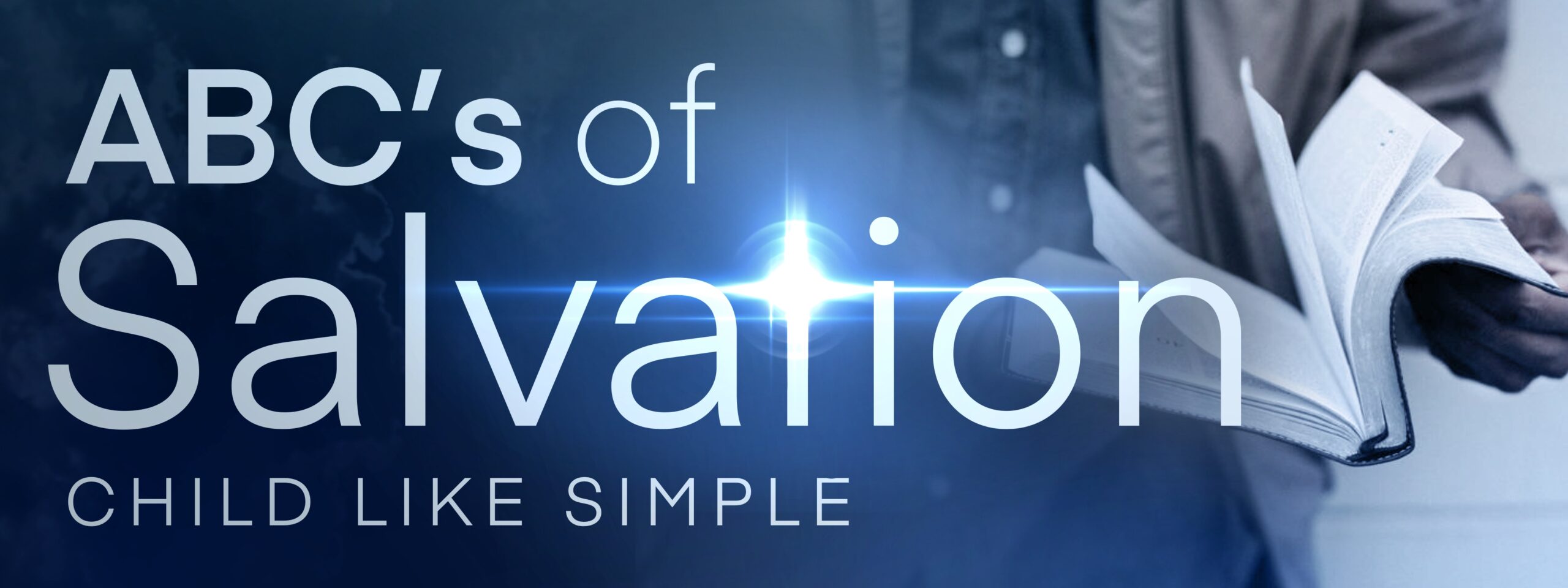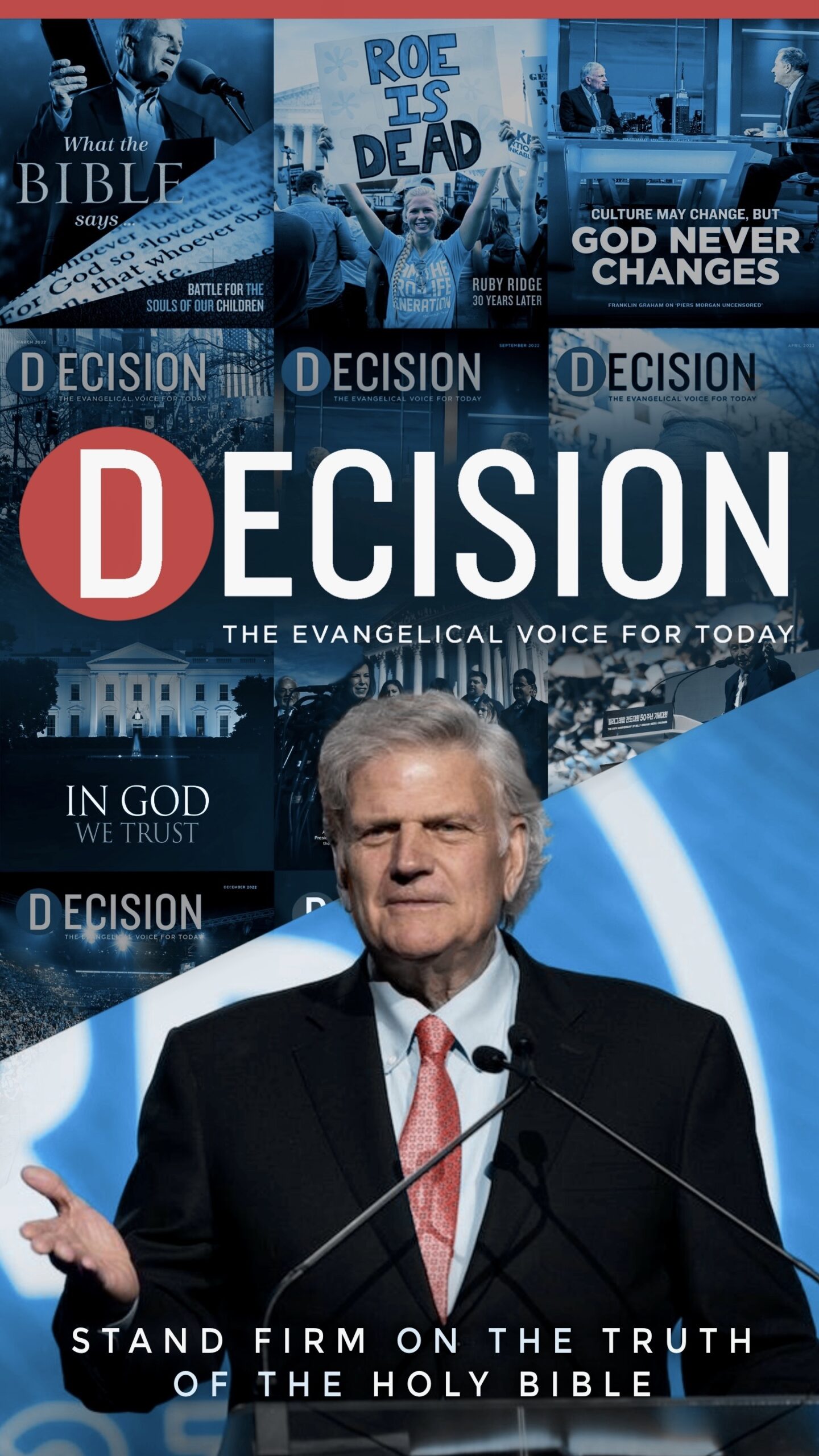A bill proposed in the Scottish Parliament would legalize physician-assisted suicide, adding Scotland to a growing list of countries that allow the practice. What the Scottish Parliament eventually decides to do with the bill will reveal something about the conscience of the nation. Will Scots choose to tell their fellow man their lives are worth living, or not?
Liam McArthur, a Liberal Democrat member of the Scottish Parliament, proposed the bill, which would allow terminally ill patients thought to have six months or less to live to choose to end their lives. All forms of assisted suicide are currently illegal across the United Kingdom (UK), but recent polling suggests the UK public is increasingly favorable towards the practice.
Critics of the bill from the medical field say that policies allowing for physician-assisted suicide fundamentally reorient the purpose of medical care. In July, 200 medical professionals signed an open letter opposing the bill, saying, “The shift from preserving life to taking life is enormous and should not be minimised. The prohibition of killing is present in almost all civilised societies due to the immeasurable worth of every human life.”
The bill in the Scottish Parliament is part of a wider push for assisted suicide across the United Kingdom. Baroness Meacher introduced a bill in the UK Parliament in May that would similarly legalize physician-assisted suicide for terminally ill patients, demonstrating a failure to acknowledge that any person—even those who are terminally ill—who seeks to end his life is in need of love, support, and treatment for depression.
UK Bishop John Sherrington warned of the dangers of a gradual expansion of the criteria by which one might be eligible for physician-assisted suicide. Indeed, other European countries have slipped further down this dangerous slope. For example, Belgium and the Netherlands allow physician-assisted suicide for psychiatric reasons, even for patients in perfect physical health. Such an allowance makes it clear that a state’s endorsement of assisted suicide is really an endorsement of all suicide. Not surprisingly, both countries have seen a sharp rise in assisted suicide in recent years.
A major victory for proponents of assisted suicide was announced on September 14 when the British Medical Association adopted a “neutral” stance on the issue when they had previously been against it. The vote was narrow—with 49 percent of the association in favor and 48 percent against the “neutral” stance—but the effects will be substantial. Members of Parliament had often pointed to the medical community’s opposition to assisted suicide when Parliament voted against it previously.
Proponents of assisted suicide say they are motivated to end physical suffering. But the reality is that many patients who choose assisted suicide do not cite pain as the primary reason. The Disability Rights Education & Defense Fund reports:
[T]he overwhelming majority of the people in Oregon who have reportedly used that state’s assisted suicide law wanted to die not because of pain, but for reasons associated with disability, including the loss of autonomy (89.9 percent), the loss of the ability to engage in activities that make life enjoyable (87.4 percent), the loss of dignity (83.8 percent), and the loss of control of bodily functions (58.7 percent). Furthermore, in the Netherlands, more than half the physicians surveyed say the main reason given by patients for seeking death is “loss of dignity.”
The legalization of assisted suicide is intrinsically linked with devaluing the lives of people living with disabilities. While the reasons many people choose assisted suicide are not related to pain and suffering, they are related to struggles people with a disability face every day. Although not everyone with a disability has a terminal illness, everyone with a terminal illness eventually develops a disability. Society cannot condone those with terminal illnesses killing themselves without simultaneously condoning those with disabilities killing themselves. The message to those with disabilities is loud and clear: a life with a disability is not worth living.
In addition, a 2007 study about assisted suicide patients in the state of Oregon found that 45 percent of assisted suicide patients made that choice out of fear of becoming a burden to their families. Thus, assisted suicide does not primarily serve to end suffering, as its advocates would have us believe.
Elderly patients, especially those who fear being a burden, are vulnerable to manipulation or family pressure, and it can be difficult to comprehensively safeguard against this. Even knowing that assisted suicide is an option can pressure some people into choosing death if they think they will become a future burden to their family or society. Instead of offering them assisted suicide, these concerns should be met with assurances that their lives are worth living and that we are prepared to love and support them to the end.
At its core, assisted suicide promotes a false compassion. It benefits caretakers or families who prefer not to observe or care for someone experiencing trials at the end of their lives, rather than the patients themselves. We ought instead to exercise true compassion, the root of which means to “suffer with.”
Even if assisted suicide was primarily utilized to end suffering, it focuses the efforts of doctors, medical professionals, policymakers, and others toward the wrong goal. The goal ought not to be ending human suffering at all costs. In a broken world, suffering will always be with us.
An appropriate goal that truly treats humans with dignity is to love people well by providing everyone with the best medical care, emotional and spiritual resources, and community support possible until their lives come to natural ends.
Doctors should be focused on healing patients and enabling them to live as well as they can for as long as they can. Premature death is not an equally valid option in the category of health care—rather, it sidesteps health care entirely.
The Scottish Parliament will debate the issue this fall, and the UK House of Lords will debate its bill later this year. One thing is for sure—this issue will test the conscience of the people. Concerned individuals should reach out to their members of Parliament about the dangers of assisted suicide and the value of all human life.
Those in favor of assisted suicide have co-opted the phrase “death with dignity,” but they fail to recognize that human dignity cannot be taken away by life’s circumstances. It is because human beings have dignity that all people must be loved, supported, and cared for until natural death.
HD Editor’s Note: Why Is This News Biblically Relevant?
The dangers of Euthanasia are not solely found in “progressive” European Nations.
In Canada, which has the highest rates of Euthanasia death in the world, an annual report revealed that in 2020 alone nearly 8,000 Canadians ended their lives through medically assisted suicide. This number included 1,412 people who made the decision because they felt “isolated and lonely.”
The numbers from the report become increasingly disturbing when we factor in the rates of non-medically assisted suicides. According to Canadian Government statistics, 4,000 people in the country commit suicide each year. Meaning that “Medical Assistance in Dying” otherwise referred to as “MAiD” has nearly double the death rate of regular suicides in Canada.
The Christian organization, Answers In Genesis, has written extensively on the topic of euthanasia. One such article, written by Dr. Elizabeth Mitchell, described the dangers that arise from Euthanasia, specifically, the tremendous pressure placed on patients to “choose death.”
“To be blunt, when someone who is consuming resources dies, he or she stops consuming resources, and whatever is left behind becomes the property of others. There is an enormous risk that the financial incentive to hasten death can lead to the abuse of the terminally ill and disabled,” she warned.
“The elderly, the poor, the disabled, and the handicapped children and adults among us are those least able to defend themselves,” Dr. Mitchell explained. “Liberalization of laws allowing increased access to “opt out” options—whether physician-assisted suicide or actual euthanasia—may well lead to a tragic loss of self-determination for them.”
“In a world in which death is increasingly allowed to be voluntarily embraced,” she continued. “how horrid a prospect it is that those so vulnerable may find they are pressured to choose death. Their so-called autonomy, their ‘right to die,’ may become their duty to die!”
Ken Ham, founder and CEO of Answers In Genesis, wrote:
“While euthanasia advocates have assured us over the years that abuses like this won’t happen, they apparently do and will only continue to occur as our western culture embraces death rather than life,” Ham explained. “Increasingly our culture is placing a value on human life that’s contingent on health, level of ability, or level of dependency. Those who are old, infirm, terminally ill, unborn, or disabled are increasingly seen as having no value, so they may as well die and relieve the burden they allegedly cause to their caregivers and the economy.”
“The Bible presents quite the opposite view,” he explained. “In a biblical worldview, we’re created in the very image of God (Genesis 1:27). We have unique value and worth not because of our abilities, level of dependency, health, or any other subjective standard. We have unique value because we’re image bearers of the Creator. And taking the life of an image bearer is murder—and it’s serious. God loves us so much he stepped into history to pay the price for our sin so we can be reconciled to God. That gift of salvation is of infinite value!”
“The biblical worldview is life-affirming—for every human life,” he reiterated.













